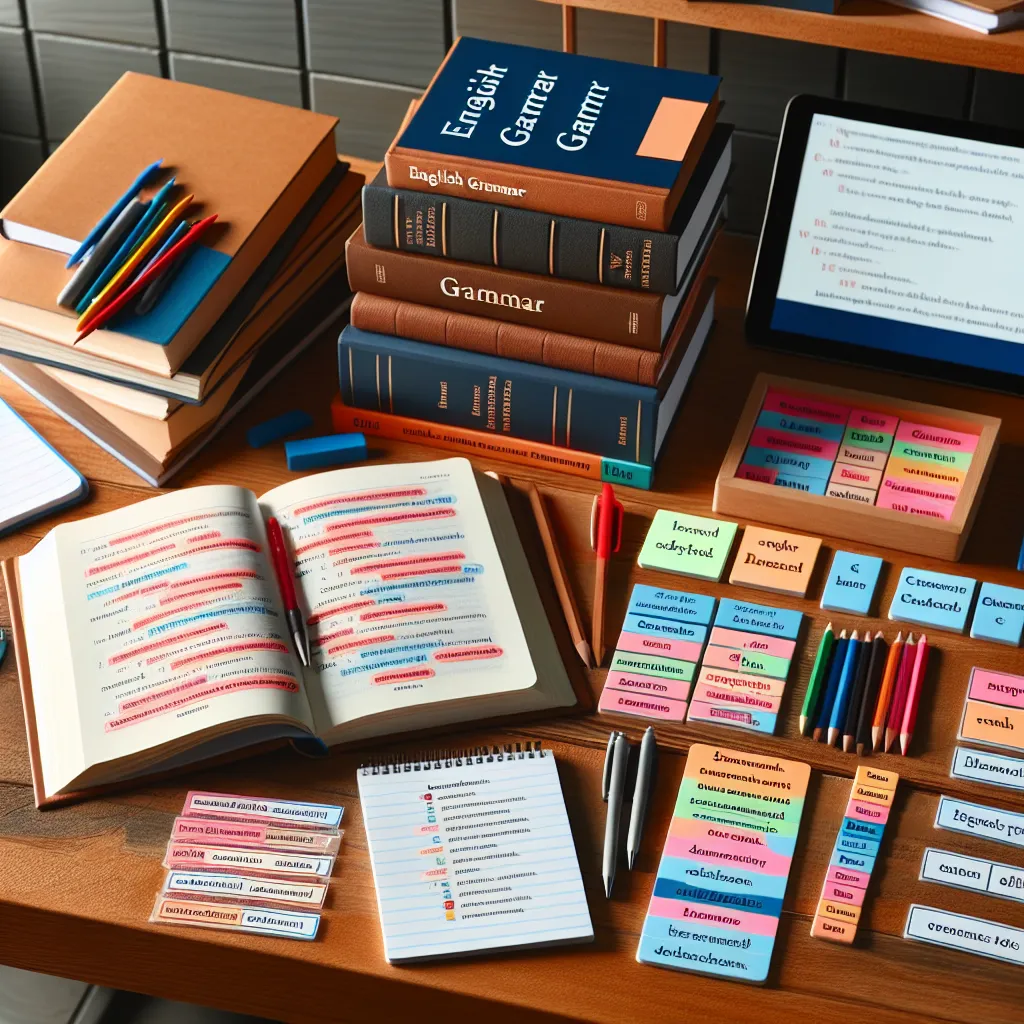Learning English grammar can be challenging, but practicing with a partner can make it more engaging and effective. This article will explore various ways to improve your English grammar skills through collaborative exercises and activities with a study buddy.
Why Practice English Grammar with a Partner?
Studying grammar with a partner offers numerous benefits. It provides opportunities for interactive learning, immediate feedback, and real-time application of grammatical concepts. Additionally, working with someone else can make the learning process more enjoyable and motivating.
 Two people studying English grammar together
Two people studying English grammar together
The Advantages of Collaborative Grammar Learning
- Immediate feedback and error correction
- Enhanced speaking and listening practice
- Increased motivation and accountability
- Opportunity to learn from each other’s strengths and weaknesses
- More engaging and interactive learning experience
Effective Methods to Practice English Grammar with a Partner
1. Role-playing Conversations
Role-playing is an excellent way to practice grammar in context. With your partner, create scenarios that require the use of specific grammatical structures.
Example: Practice conditional sentences by role-playing a job interview.
Interviewer: “What would you do if you faced a difficult customer?”
Interviewee: “If I faced a difficult customer, I would remain calm and try to understand their concerns.”
2. Grammar-focused Games
Turn grammar practice into a fun competition with your study partner.
Example: Play “Grammar Battleship” to practice verb tenses.
Create a grid with different subjects (I, you, he/she, etc.) and time expressions (yesterday, now, tomorrow). Take turns “shooting” at squares and forming correct sentences using the given subject and time.
3. Peer Teaching
Take turns explaining grammar rules to each other. This method reinforces your understanding and helps identify areas that need more focus.
Example: Teach your partner about the present perfect tense, providing examples and creating exercises for practice.
4. Collaborative Writing
Work together to write short stories or dialogues that incorporate specific grammar points.
Example: Write a story using past tense verbs, then rewrite it in the present tense together.
5. Error Correction Exercises
Exchange written work and practice identifying and correcting each other’s grammatical errors.
Example: Write a paragraph about your weekend plans using future tenses. Swap with your partner and check for correct usage of “will,” “going to,” and present continuous for future arrangements.
Tips for Successful Grammar Practice Sessions
- Set clear goals for each session
- Use a variety of resources (textbooks, online exercises, authentic materials)
- Balance formal exercises with casual conversation practice
- Keep sessions short and focused (30-60 minutes)
- Regularly review and revise previously learned concepts
 Study materials for English grammar practice
Study materials for English grammar practice
Common Challenges and How to Overcome Them
Differing Proficiency Levels
If you and your partner have different grammar skill levels, focus on activities that benefit both of you. The more advanced learner can reinforce their knowledge by explaining concepts, while the less advanced partner gains new insights.
Maintaining Consistency
Set a regular schedule for your grammar practice sessions and stick to it. Use reminders and hold each other accountable to ensure consistent practice.
Staying Motivated
Keep your sessions varied and engaging by incorporating new activities and materials. Celebrate your progress together to maintain motivation.
Next Steps in Your Grammar Journey
After establishing a routine with your grammar practice partner, consider these steps to further enhance your learning:
- Take online grammar quizzes together and discuss the results
- Join or create a larger study group for more diverse practice opportunities
- Attend language exchange events to apply your grammar skills in real-world conversations
- Set specific grammar goals and track your progress over time
For more tips on improving your overall English skills, check out our article on tips for learning English through DIY projects. Additionally, if you’re interested in enhancing your grammar accuracy, don’t miss our guide on tips for improving grammar accuracy.
Conclusion
Practicing English grammar with a partner can significantly enhance your learning experience and accelerate your progress. By incorporating a variety of interactive exercises, games, and collaborative activities, you can make grammar practice more enjoyable and effective. Remember to set clear goals, maintain consistency, and celebrate your achievements together. With dedication and the right approach, you and your study partner can master English grammar and take your language skills to new heights.
We’d love to hear about your experiences practicing grammar with a partner. Share your favorite activities or tips in the comments below!




